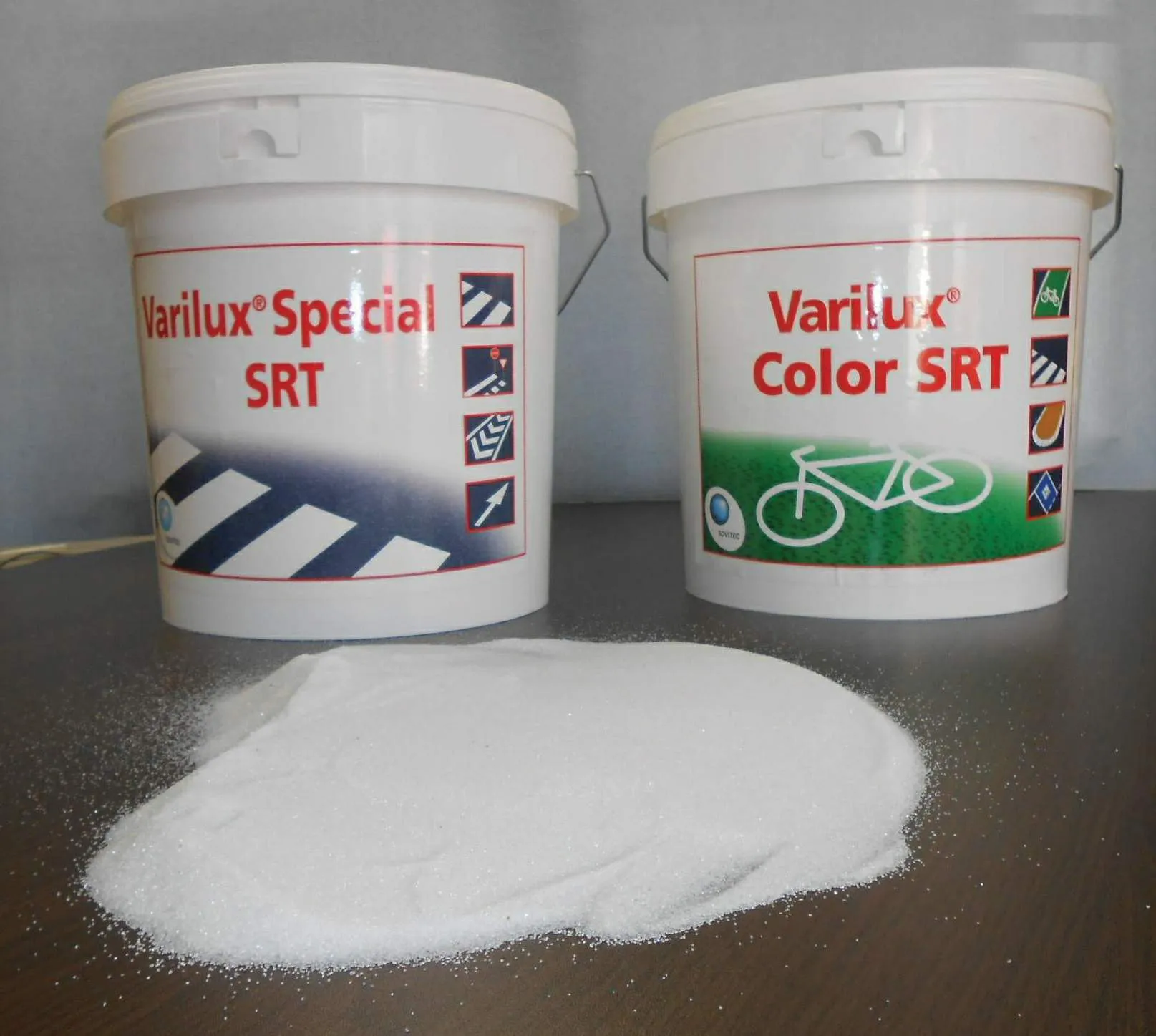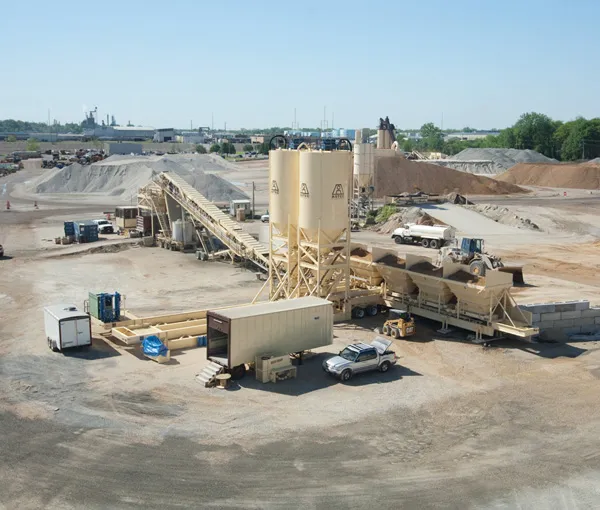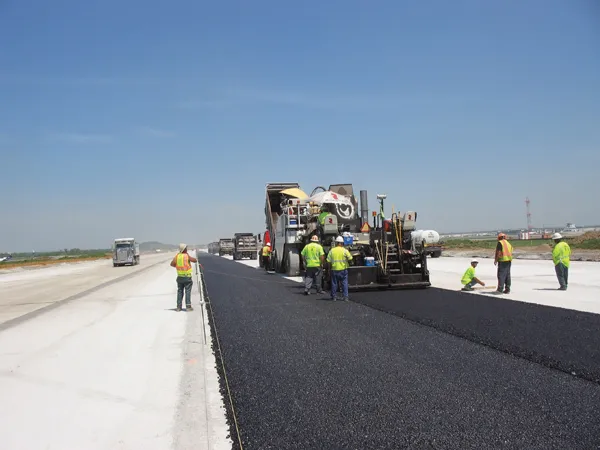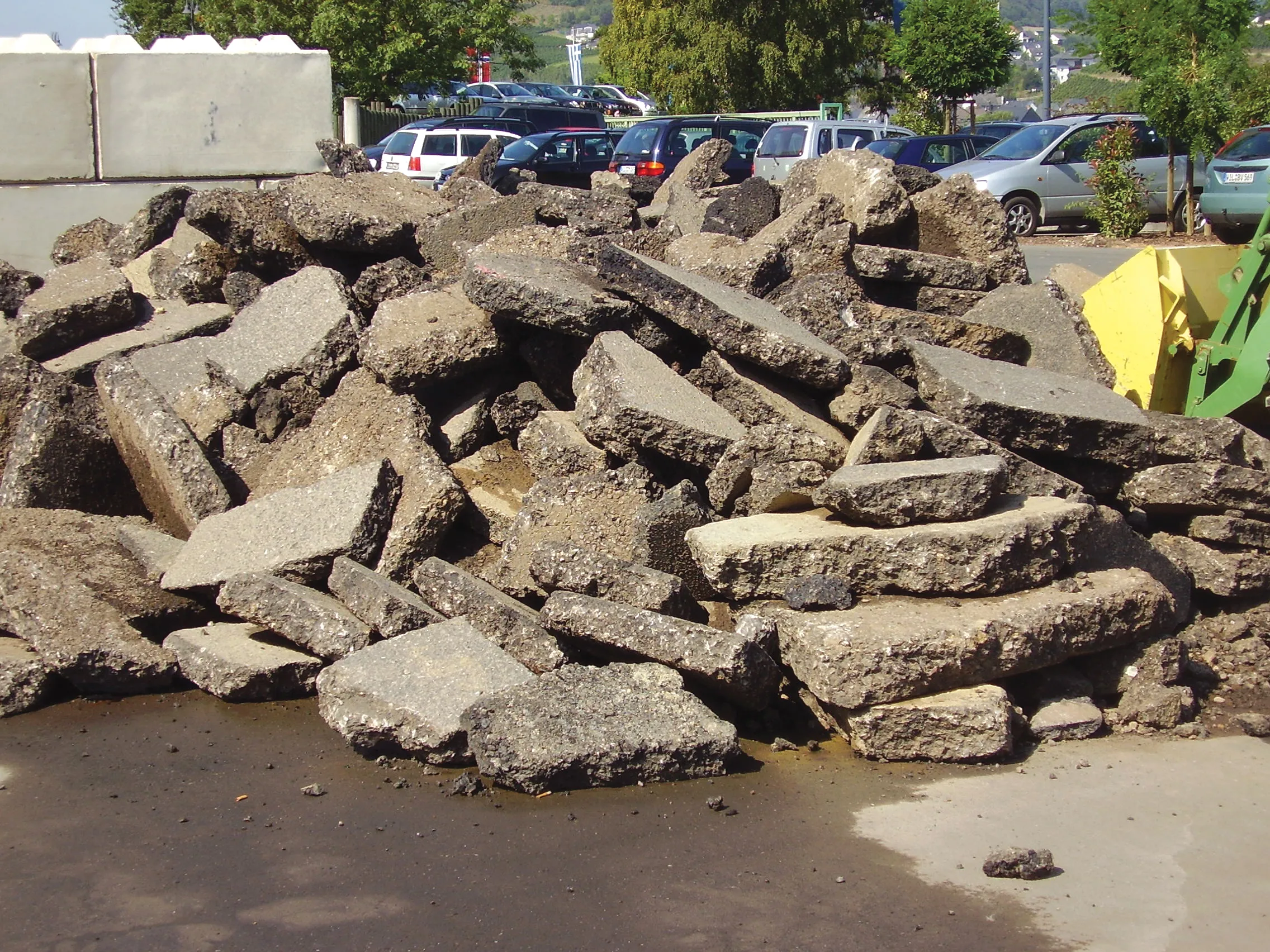W.S. Tyler has unveiled its all-new, all-inclusive Hydro-Clean mobile test plant.
The company says that the unit enables operations to test Hydro-Clean washing technology at their sites before committing to a capital investment.
W.S. Tyler, a member of the wholly-owned German-based Haver & Tyler Processing Technology Alliance, says that washing material with the Hydro-Clean results in cleaner products, higher selling values and new income from the sale of material that previously was considered waste.
Th
March 11, 2014
Read time: 2 mins
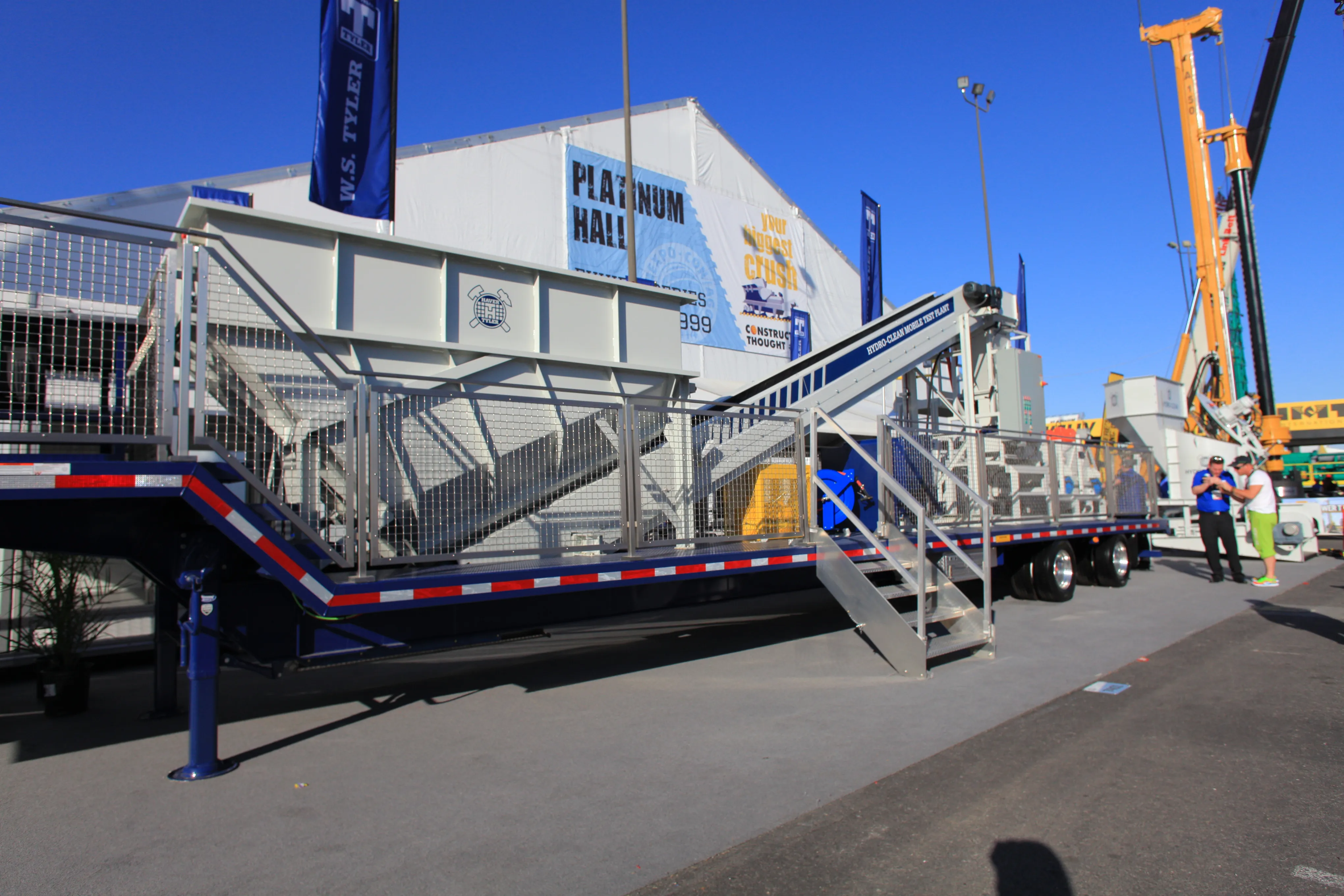
The company says that the unit enables operations to test Hydro-Clean washing technology at their sites before committing to a capital investment.
W.S. Tyler, a member of the wholly-owned German-based Haver & Tyler Processing Technology Alliance, says that washing material with the Hydro-Clean results in cleaner products, higher selling values and new income from the sale of material that previously was considered waste.
The mobile test plant, aggregate, recycling, coal mining and other types of operations were able to see the Hydro-Clean at work washing their own materials on site.
The test plant has been improved by incorporating all the crucial components needed for testing: a feed hopper, a feed conveyor, the Hydro-Clean unit and a larger, single-deck rinse screen, all self-contained on a 16m trailer.
“Supplying some of this equipment can be inconvenient for many customers,” says Michael Honea, W.S. Tyler process engineer.
“The new mobile test plant is completely self-contained to make testing as easy as possible for our customers, and provides results that clearly illustrate how the technology can add value to their operations.”
Tests completed with the Mobile Plant, using a client’s contaminated material, will accurately determine the effectiveness of the Hydro-Clean technology. It also allows W.S. Tyler to establish a baseline for the expected production capabilities of one of its full sized units. Finally, the cleaned, finished product allows for analysis of the desired material gradation. This gives W.S. Tyler and the operator an opportunity to see the results of the liberated material and to determine the potential increase in value.
The plant can process up to 18tons /hour.
W.S. Tyler’s stationary and portable Hydro-Clean systems are available in three sizes with varying capacities, the HC350, HC1000 and HC2000. It is claimed that the high-pressure water liberates the desired material from the clay better and faster than many traditional washers, and it “uses 75% less water than traditional washing methods.”
With only 10% fresh water required to operate it effectively, operations can use recycled water to reduce water consumption even further.
www.wsTyler.ca


